collaborations
for future
The event series on collaboration and climate change!
Unexpected encounters
How do we feel, talk, see, embody and agree on climate change?
Foundation We Are, Social Design Showdown and Pakhuis de Zwijger will host a series of talks as part of this design research programme. During these events we invite various inspiring speakers who work in different domains to set up unexpected encounters to find out how to make sense of climate change and find ways to work together. During this first episode, we will invite psychologists, scientists and activists to talk about what they feel when it comes to climate change. How do we begin to interpret climate change and what position can we take? How does it feel? How do we want to feel? How should we feel?
Unexpected Encounters #1
11 December 2023 @Pakhuis de Zwijger
Unexpected Encounters #2
8 February 2024 19:00 - 21:00
@Foundation We Are
Unexpected Encounters #3
How do we see
climate change?
4 April 2024 19:00 - 21:00
@Foundation We Are
Unexpected Encounters #4
How do we embody
climate change?
20 June 2024 19:00 - 21:00
@Foundation We Are
Unexpected Encounters #5
How do we make agreements about
climate change?
Wanna be the first to hear about new events?
Past Events
Unexpected Encounters #5
Date: 11 June, 2024 | 19:30-21:30
Location: Pakhuis de Zwijger, Amsterdam
How do we make agreements on climate change?
In this fifth and final episode, we dove deep into the barriers standing in the way of real climate action. Despite the urgency, why does progress seem to stall? Our speakers unpacked how short-term interests and well-funded corporate lobbying regularly derail efforts toward systemic change.
Rob Weterings, Dieuwertje Wallaart and Yann Robiou du Pont spoke of the intricacies and hollowness of ‘policy jargons’ and the coming generational shifts. Mert Kumru, Jantijn Anema and Nina de Pater gave us a unique insight into the work they do towards achieving climate justice and the importance of stubborn optimism. Covering landmark moments of climate justice, from Mileudefensie’s famous Shell trial to the Urgenda case against the Dutch State, to the the Republic of Vanuatu asking the UN’s International Court of Justice for an advisory opinion on what the obligations of countries across the world are when it comes to climate change.
Moderated by Marsha Simon, this closing session brought negotiators, researchers, activists and lawyers together.
How do we embody climate change?
How do we embody climate change?
Date: 4 April, 2024 | 19:00-21:00
Location: Foundation We Are, Eindhoven
During this fourth episode, we invited Designers, Musicians and researchers to talk about the way we embody climate change. This discussion seeked to understand the intersections of artistic expression and environmental awareness, fostering a dialogue that illuminates the transformative potential of movement and design in the face of the evolving climate narrative.
How do our bodies relate to notions of extinction or unfamiliar weather? What compositions or architectures become necessary to ease us into these unfamiliar conditions?
Speakers
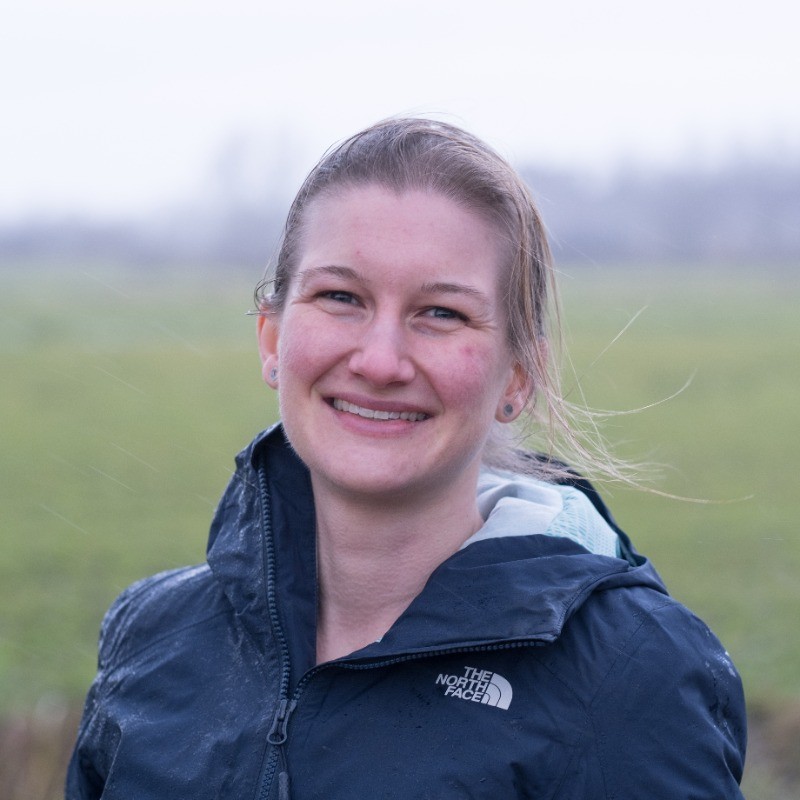
As lecturer and PhD candidate at Wageningen University, Reineke studies the relational nature of humans in the world and its implications for nature conservation and caring coexistence on this planet. Her work starts from a posthumanist, eco-feminist lens, decentralising and reflecting on our conceptualisations of (the rest of) nature, our position in this complex web of interrelationships and the agency of non-human beings in the web. She is currently working on a PhD on relational, transformative learning practices in 'wild' learning environments, situated in a fluid modern world facing climate change and biodiversity loss.
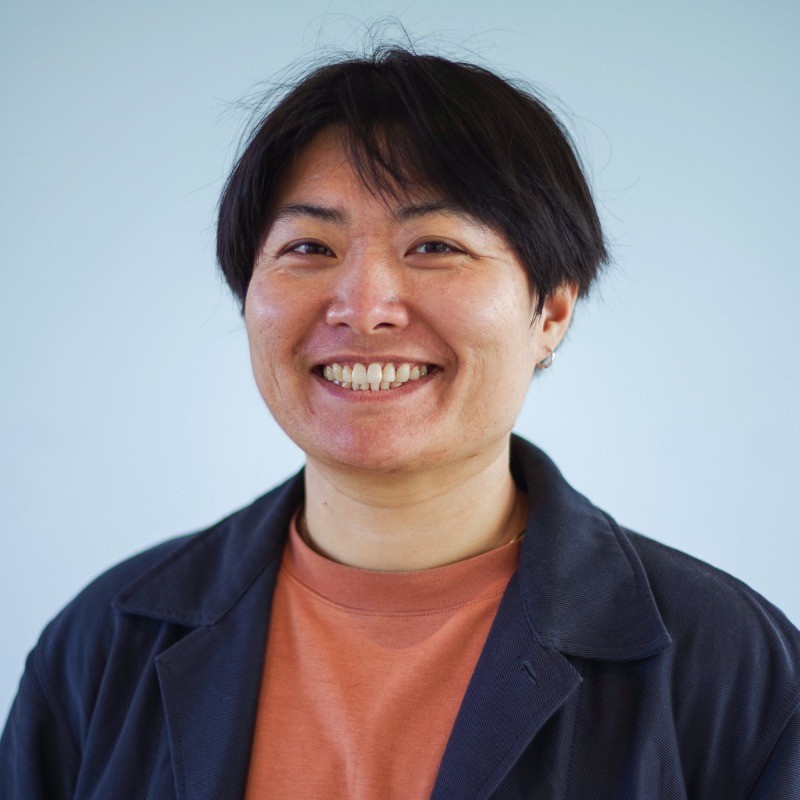
Yufei Gao
Yufei Gao is a multidisciplinary designer and researcher based in Eindhoven. Her socially engaged work attempts to bridge gaps, spark conversations, and evoke empathy through various storytelling methods. She conveys the narrative in mixed mediums, including writing, filmmaking, physical object, and more. Since graduating from Design Academy Eindhoven in 2023, her focus has been on the relationship between human, non-human, and technology. Her graduation project 'Gaia, how are you today?' is a series of 3D-printed ceramic pots parametrically designed with weather data, with storytelling for environmental awareness as the main incentive.
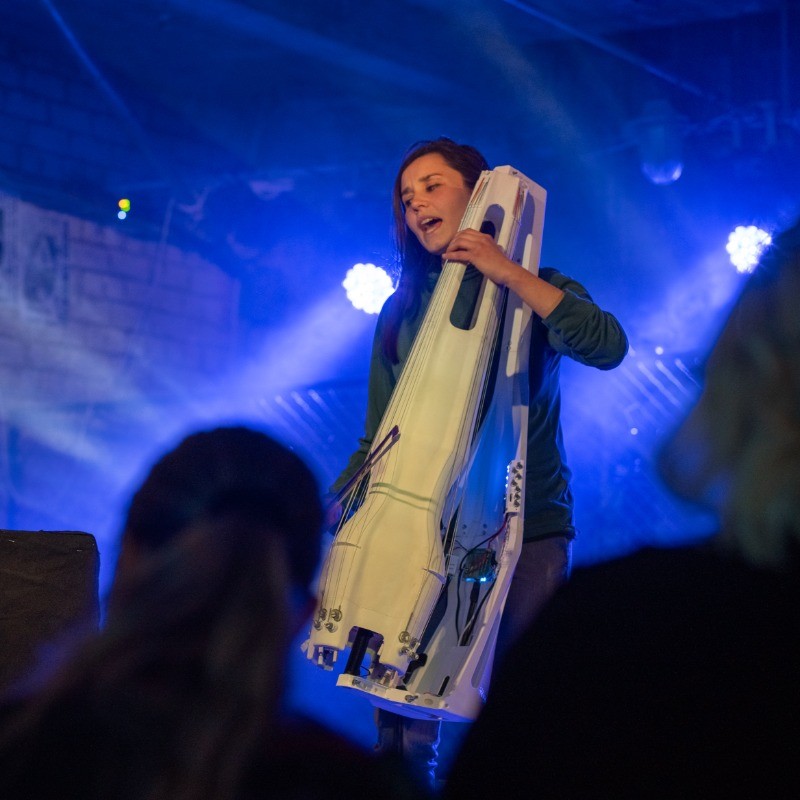
Rafaele Andrade [Curitiba - Brazil, 1994] is a composer, improviser and cellist. She designed her own string-based instrument, Knurl, and has performed across Latin America and Europe in venues such as Royal Theater Carré (NE), Chigiana Music Festival (IT), Morphine records (DE), Gaudeamus (NL). Her artistic practice has focused on finding a sense of momentum-craftsmanship for music composition through the creation of her own instrument and artistic practice based on a cello, while working on projects and artwork that reveal social transformation and environmental awareness. She is a member of Netherlands coding Live (NL), iii workspace ( NL).
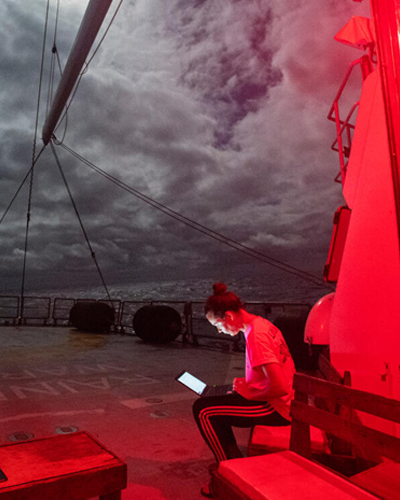
How do we see climate change?
Date: 4 April, 2024 | 19:00-21:00
Location: Foundation We Are, Eindhoven
In this third encounter photographer Christian Clauwers, image editor Veerle van Herk and documentary maker and director Gideon Levy came together to discuss the importance and power of imagery in depicting the climate crisis.
Whether you, as an image maker, depict the implications of climate change, or you visualise complex power structures that have a responsibility to act, the way you show an image affects your audience. Images can compel, images can clarify, images can opiniate. An image is never a neutral medium.
Marsha Simon moderated the encounter and a wonderful conversation was had with the guests and the audience.
Speakers
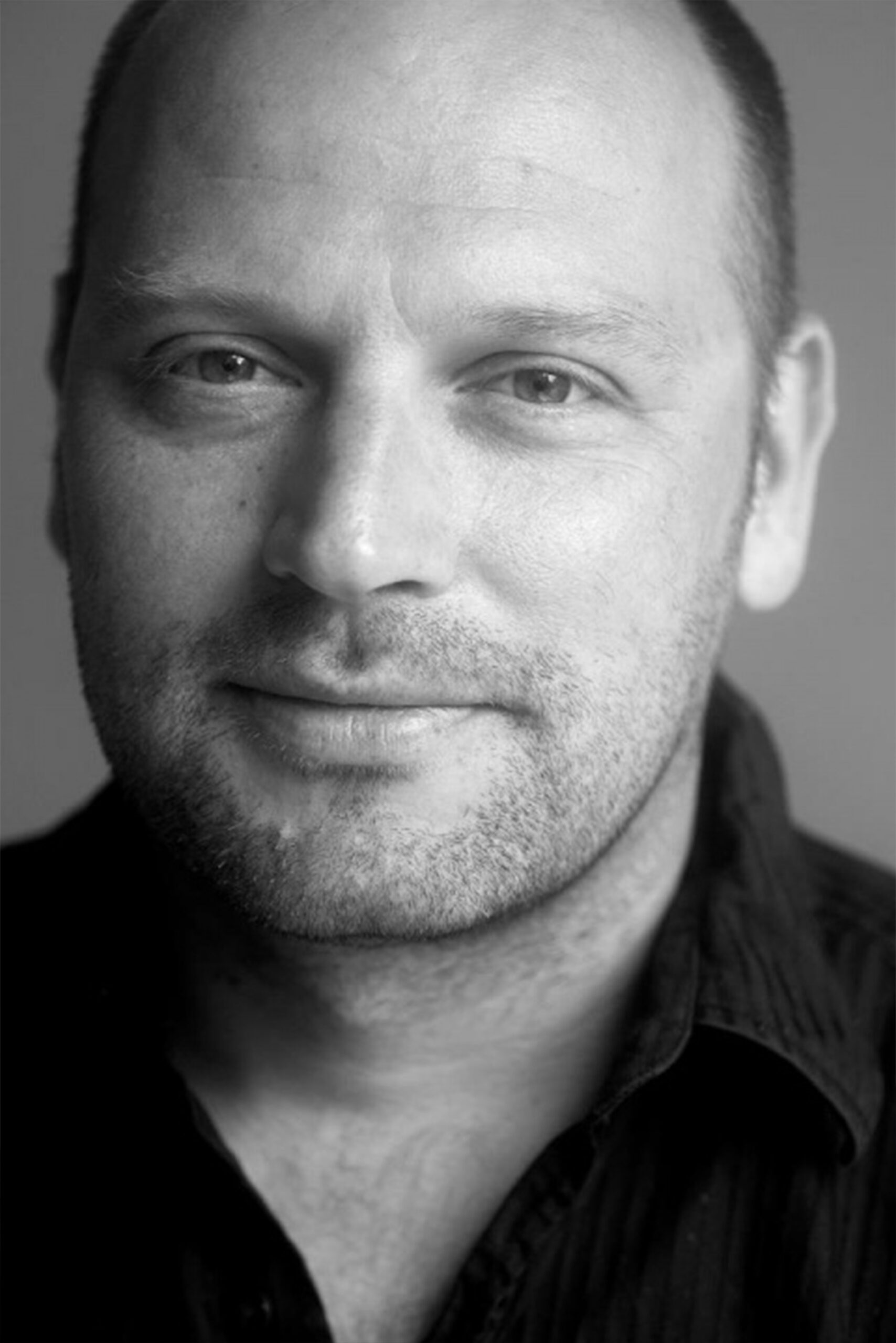
is an independent director and film producer. Starting his production company in 1999, he produced documentaries, documentary series and popular TV programs. In 2009 he won the Prix Europa in Berlin for his investigative film Lockerbie Revisited. Gideon hosted several current affairs series for the Dutch Public Television and has produced an award winning short fiction film called ‘Lot’.
Gideon has developed programs for NGO’s and museums and his films ‘Bonus & Banks’ ‘Levy and the last Nazi's’ and ‘the Orange Banana’ are used in Dutch high schools and at the UVA, VU, Wageningen University.
Levy’s films have been sold to Germany, Belgium, Zwitserland, Israël, Poland, France and Canada. After his film Goodbye America, (2020) following the lives of climate scientists working for the US government under the Trump presidency, he started an NGO called The GreenHouseGas Monitor.
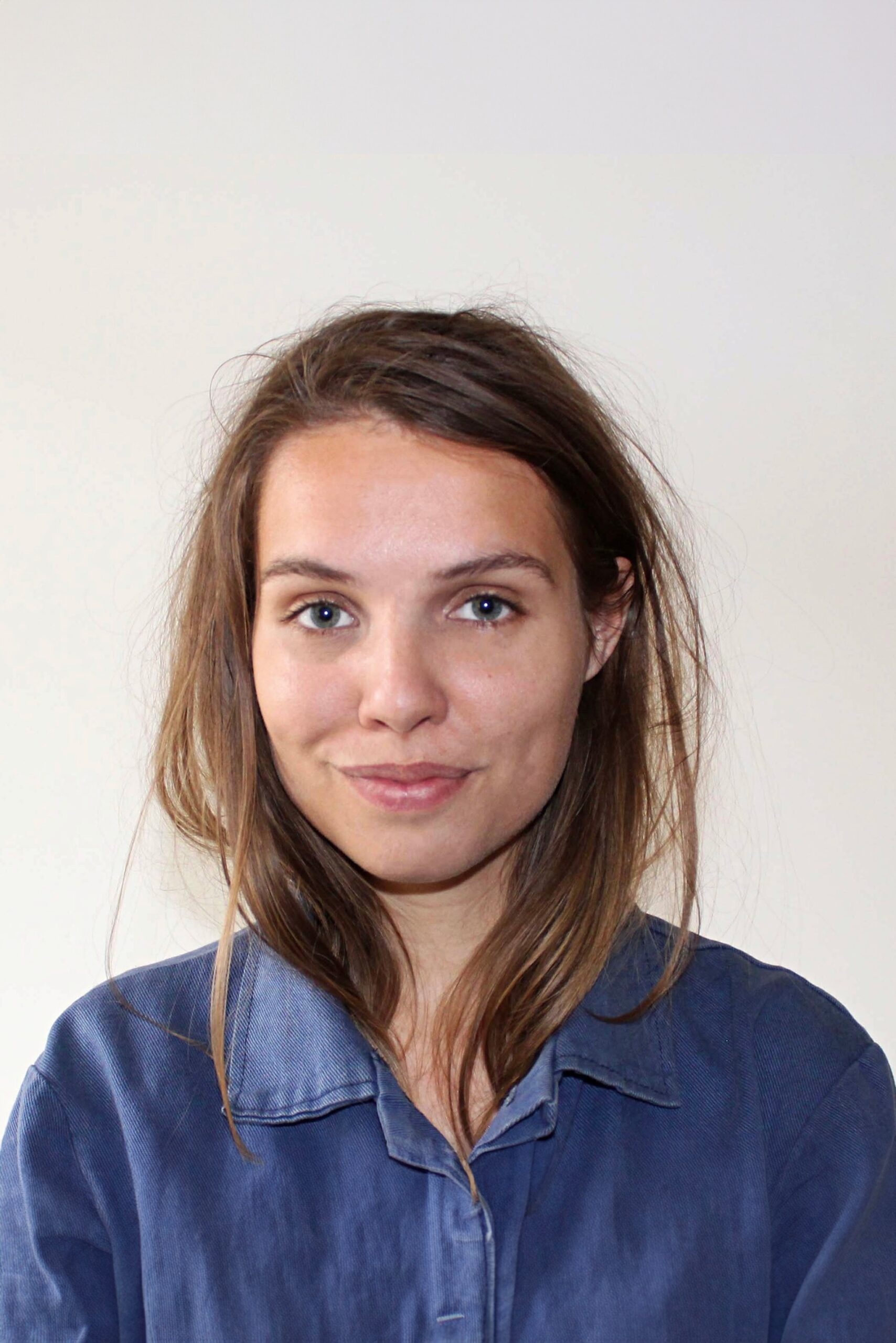
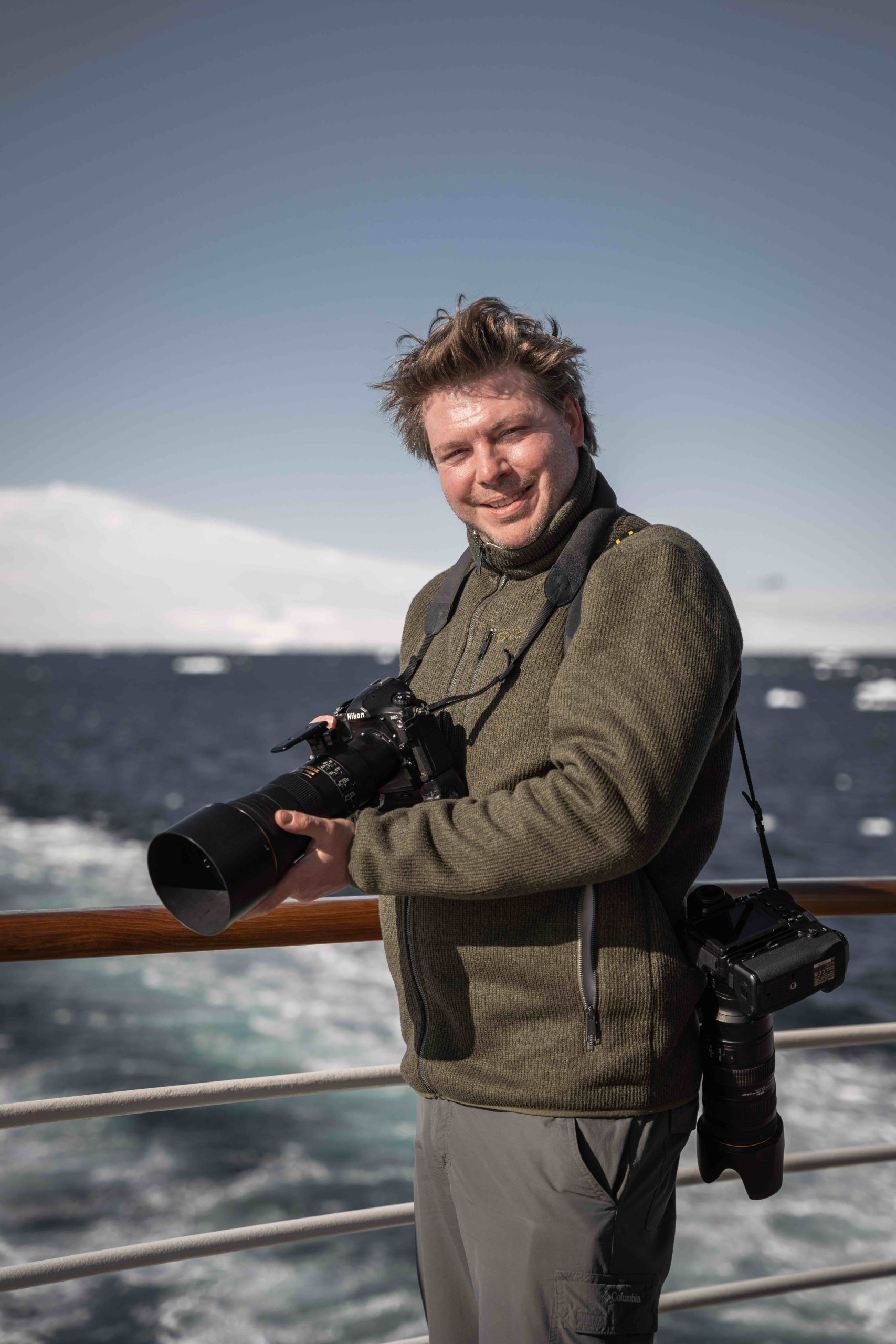

How do we talk about climate change?
Date: 8 February, 2024 | 19:00-21:00
Location: Foundation We Are, Eindhoven
In this second encounter, we dove into the crucial role of communication, journalism and editorial policies in the climate crisis. We came together with Jaap Tielbeke, Maartje Bregman and Ties Joosten to hear and discuss the professional roles and positions they’ve taken, why they did so and what effect that has on their audience and professional communities.
We talked about the great transformations in media coverage of climate change that we’ve seen over the last 10-20 years, and the way media and journalists can influence the content, direction and tone of our climate debates and discourses. And this in turn, can frame how we as citizens, designers or policy-makers, can imagine the actions we can take.
Unfortunately, Saskia van Aalst couldn’t join the conversation, in our pre-talk she shared with us about her work as press officer of Greenpeace and and how her previous work as journalist informs her collaborations with the media today. We're grateful to her and the speakers for shaping our thinking and understanding of how climate change news works in practice.
How do we frame our knowledge on climate change? How can we craft narratives that inform meaningful conversations across different societal and political concerns? Watch the recording to hear the full conversation, wonderfully moderated by Marsha Simon. Marsha is a presenter, moderator and programme maker, and often hosts and enables conversation between design and other fields.
Speakers
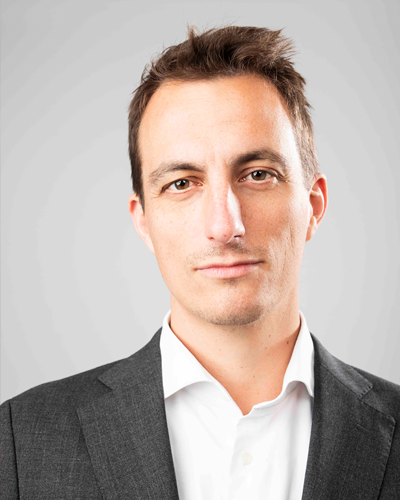
Ties Joosten
is a climate journalist who writes about everything that emits a lot of greenhouse gases: the port of Rotterdam, KLM and Schiphol, power plants and the agricultural sector.
Which financial flows accelerate sustainability here - and which hold it back?
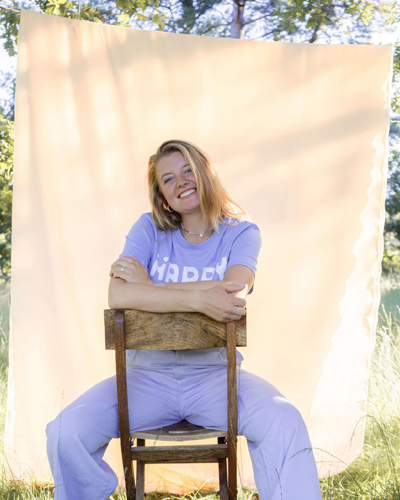
emphasizes the urgency of climate change and practical actions for societal change, highlighting the importance of a positive narrative for mental well-being and broader impact. She addresses the current impact and encourages a shift toward collective efforts for a sustainable future.
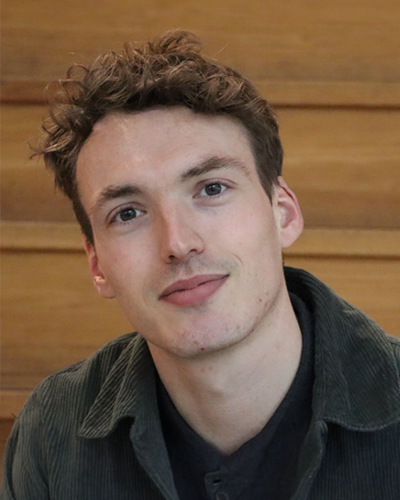
is a climate journalist at De Groene Amsterdammer and author of the books "Een beter milieu begint niet bij jezelf" (2020) and "We waren gewaarschuwd" (2022). Additionally, he serves as the co-host of the TV program "Wat houdt ons tegen?" on Omroep Human.

How do we feel about climate change?
Date: 11 december 2023
Location: IJzaal, Pakhuis de Zwijger, Amsterdam
In the first encounter of our series, we sat down with Rembrandt Zegers, Fabian Dablander, Harriët Bergman, Neela Paulussen to talk about how they professionally make sense of the emotional, social and psychological effects of climate change. From their perspectives as psychologist, scientist-activist, researcher or activist therapist, they spoke about how and why they do their work, and how they’ve found their role and agency in the climate crisis.
For us, at Collaborations for Future, their conversation highlighted the way collective action empowers citizens to join and stand up for the systemic and societal changes we need. In other words, it is easier to join a group, than to go alone.
How do we begin to interpret climate change and what position can we take? How does it feel? How do we want to feel? How should we feel? Watch the recording if you want to hear the full conversation, moderated by Hajar Yagkoubi.
Hajar is a public Speaker, moderator and former UN Youth Representative.
Speakers

Neela Paulussen
is a Body-oriented (trauma) therapist and has her own practice in Amsterdam since 2016. Climate justice and social equality are important to her. The climate emergency touches on deep spiritual themes such as life and death, meaning and acceptance. Neela likes to take this into the sessions, because this is the context in which we live. She is involved in several movements that focus on how climate change affects people, also as an activist.
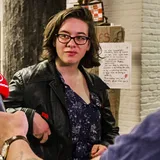
Harriët Bergman
is a philosopher and activist based in Amsterdam. Her current PhD research at the University of Antwerp focusses on political emotions and climate justice, with an emphasis on eco-fascism, anger, violence and climate racism. She is part of the broader climate justice movement, acquiring editor for Jacobin NL, and writes for Hard//Hoofd.
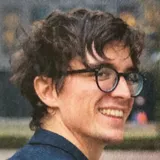
Fabian Dablander
is a Postdoctoral researcher at the Institute for Biodiversity and Ecosystem Dynamics and the Institute for Advanced Study at the University of Amsterdam. Fabian investigates issues surrounding the energy transition and the climate and ecological crisis from a theoretical and practical perspective. Fabian is also connected to Scientist Rebellion, an international movement of scientists and academics who are extremely concerned about the climate and ecological crisis.
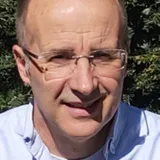
Rembrandt Zegers